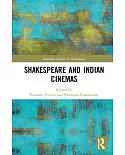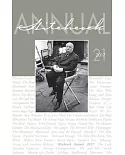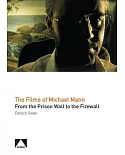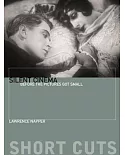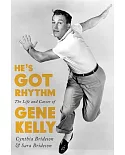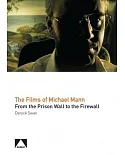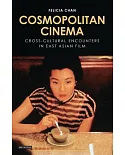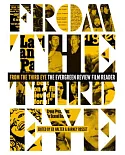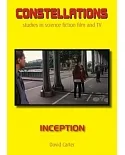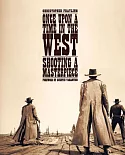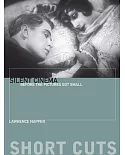Drawing on new and previously neglected sources, this book is an expert and timely reassessment of Elia Kazan’s life in the cinema. The result is a fresh and memorable portrait of both
the man and his work which highlights the remarkable and enduring contribution to American, and world, cinema of this ever fascinating, Oscar-winning director.
Author Brian Neve examines Kazan’s key artistic collaborations--with actors such as Marlon Brando and James Dean and playwrights such as Tennessee Williams and John Steinbeck--and
analyzes his cinematic style, from visual techniques to recurrent themes in films such as A Streetcar Named Desire and On the Waterfront. He takes an in-depth look at the
controversial Congressional testimony which Kazan gave to HUAC in 1952, for which he was ostracized by many, and which often overshadowed his cinematic achievements. Neve also assesses
Kazan and his films in a wider political and cultural context, tracing the evolution of the filmmaking process through the changing role of the studio, the Red Scares of the late 1940s,
and the censorship debates of the 1950s and 1960s.



